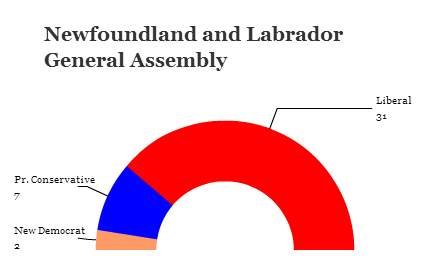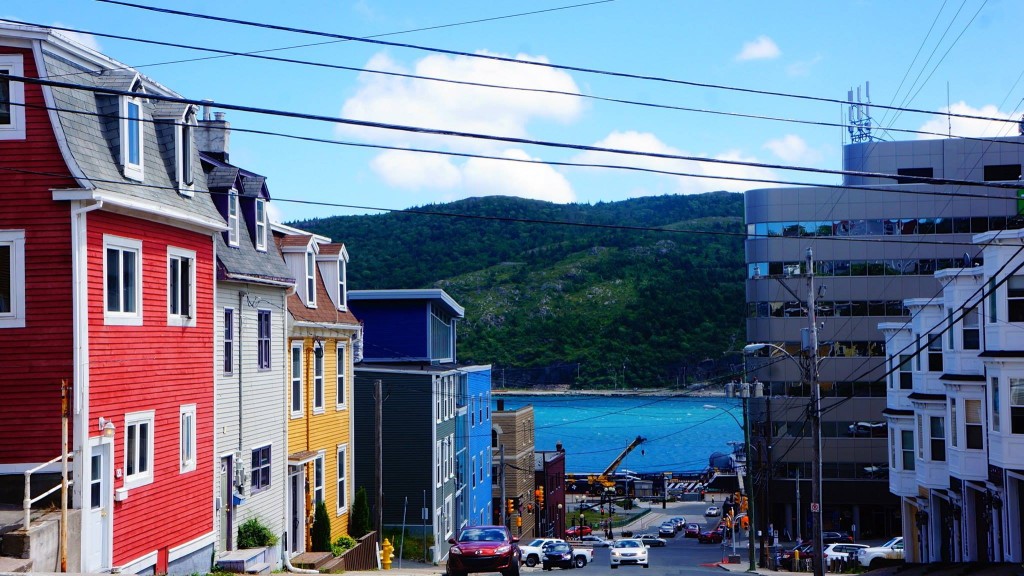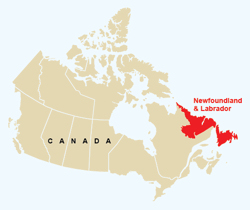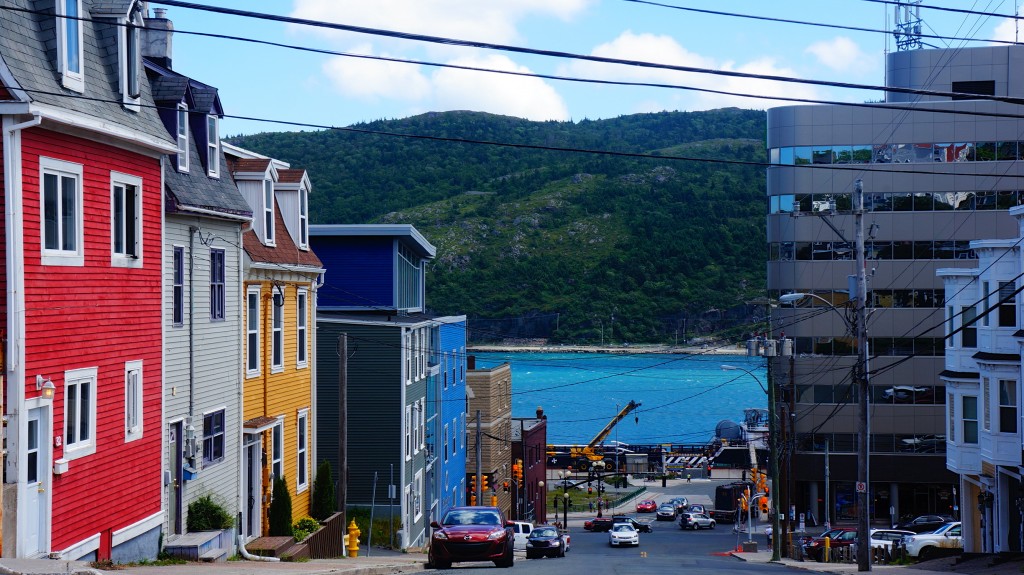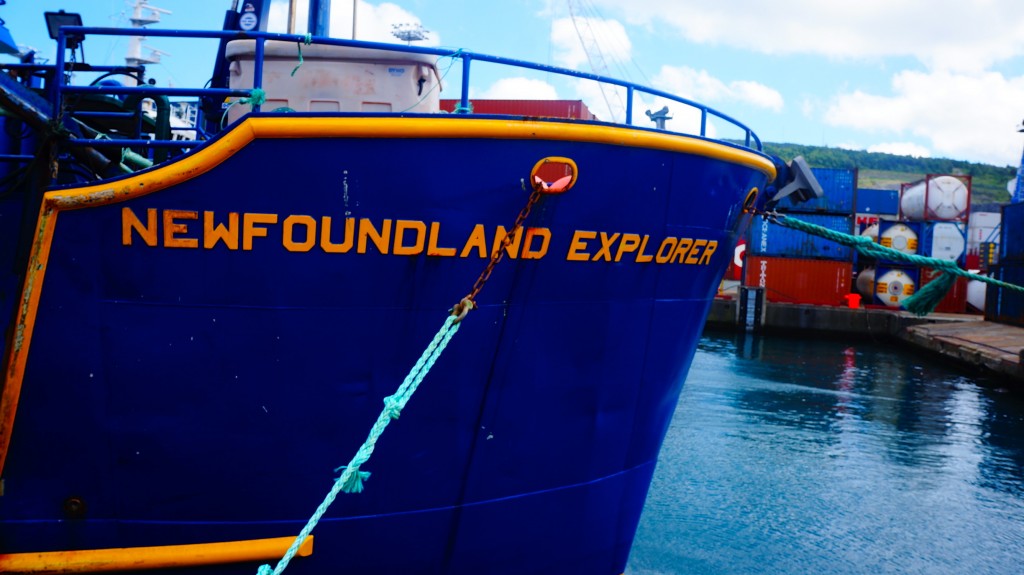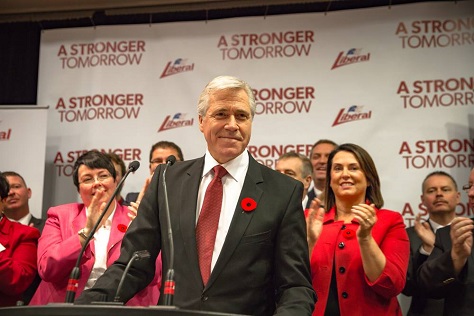
The headline across Newfoundland and Labrador is that it will, once again, have a center-left government after a widely anticipated Liberal rout led by the incoming premier Dwight Ball. ![]()
![]()
The headline across Canada, however, is that the Liberal Party (or provincial-level Liberal parties, some of which have greater or lesser affiliation with the national party) now controls every provincial government in Canada with two exceptions — Saskatchewan, where premier Brad Wall’s center-right Saskatchewan Party dominates politics and will likely return to a full third term after provincial elections in April; and Alberta, where premier Rachel Notley’s New Democratic Party ousted a 44-year Progressive Conservative Party in May.
The November 30 provincial election leaves no Conservative or Progressive Conservative government in any of Canada’s provinces.
Ball’s Liberals won 57.2% of the vote to just 30.1% for the Progressive Conservatives, who even narrowly lost in the provincial capital of St. John’s, the Tory stronghold. It was the strongest Liberal victory in the province in 49 years (though not as strong as former premier Danny Williams’s Progressive Conservative rout in 2003), and it marked the most dramatic swing in the province’s electoral history.
In any event, though Newfoundlanders have been expecting a return to Liberal government for a while, it marks something of an apogee for the Canadian left just over a month since the country elected prime minister Justin Trudeau and a majority Liberal government. The most immediate post-election Forum poll from mid-November gave the Liberals a whopping 30-point lead — 55% of voters support Trudeau’s Liberals to just 25% for the Conservative Party and a staggering 12% for Thomas Mulcair’s New Democratic Party.
So the Trudeau honeymoon period is well underway, as he grapples with climate change in Paris with other world leaders and begins to implement a new policy direction for Canada.
* * * * *
RELATED: The lessons of Newfoundland’s 1948 referendum
* * * * *
Ball, a former pharmacist who lost his first attempt to win a seat in the General Assembly in 2003, subsequently won a by-election contest in 2007 by a margin of just 18 votes in the northern electoral district of Humber Valley. After the Liberals failed to win the 2011 provincial election, Ball was appointed as interim leader, and he won the permanent leadership in the December 2013 leadership race. Ball’s platform included a promise to end Davis’s plan to raise the provincial sales tax from 13% to 15%, even though revenues are set to decline with global oil prices and, accordingly, the province’s newly found oil wealth. Continue reading Liberals sweep Newfoundland and Labrador
